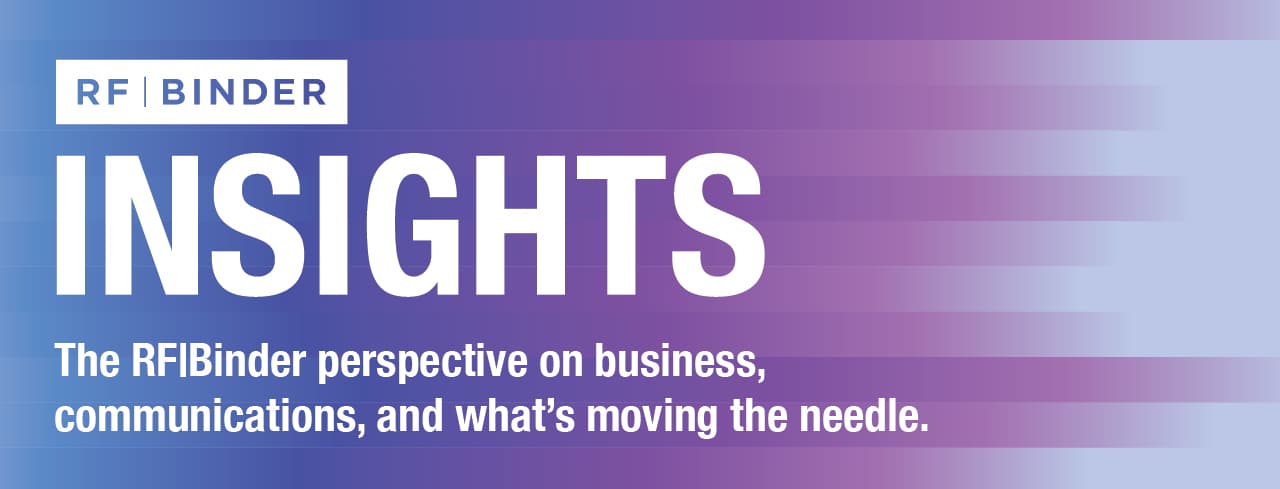The Big Story
TikTok Returns to US App Stores, but Its Future Remains Uncertain
TikTok is back in U.S. app stores after Attorney General Pam Bondi assured Apple and Google they wouldn’t face penalties for making it available, despite an ongoing ban threat. President Trump extended the deadline for ByteDance to sell TikTok by 75 days, giving the platform until early April to negotiate a deal that satisfies both U.S. regulators and Chinese authorities. While Trump has expressed interest in keeping TikTok accessible, where he has over 15 million followers, the company’s fate remains uncertain as talks continue with potential buyers like Microsoft, Oracle, and Amazon.
With TikTok’s future still in limbo, Instagram is taking advantage of the uncertainty. The platform is testing a new feature that lets users pause Reels, a move designed to improve user experience and potentially lure TikTok users looking for stability. Industry experts see this as part of Instagram’s broader effort to solidify its dominance in short-form video, especially as TikTok navigates regulatory challenges.
For now, TikTok users can continue accessing the app as usual, but ByteDance remains under pressure to finalize a deal before the new deadline. If an agreement isn’t reached, TikTok could face another removal from app stores, pushing even more users toward competitors like Instagram Reels.
Social Updates
Meta Starts Testing Ads on Threads
Meta is rolling out its first test of ads on Threads, starting with a small group of brands in the US and Japan. These image-based ads will show up in users’ home feeds, but only for a limited percentage of people while Meta gathers data. If the test goes well, a broader rollout is likely on the way. Advertisers will be able to extend their existing Meta campaigns to threads, giving them another way to reach audiences across Meta’s ecosystem. The company is also testing an AI-powered inventory filter to help brands control the types of content their ads appear next to. Meta also plans to give users more control over what ads they see while scrolling the app. With Threads now topping 300 million monthly users, this test is a big step in Meta’s push to monetize the platform.
Reddit’s Growth Strategy: AI Deals, Ads, and Automation
Reddit’s revenue is growing, with content licensing deals now making up 10% of its income, thanks to AI-related partnerships like its $60 million deal with Google and another with OpenAI. Advertising remains its main revenue driver, surging 60% year-over-year, fueled by new ad products like AMA Ads for brand Q&As and Pro Trends for tracking viral discussions. The platform’s user base has also expanded to 379 million weekly active visitors (up 42% YoY), with a focus on logged-in users as the “bedrock” of its business. Despite reporting $1.3 billion in revenue (up 62% YoY), Reddit remains unprofitable, with a $71 million profit in Q4 but a $484.3 million net loss for the year. Still, the company is banking on AI, automation, and international expansion to drive future growth
Buzzfeed Looks to Launch Its Own Social Media Platform
BuzzFeed is developing its own social media platform, tentatively called “Island,” to counter the negative effects of AI-driven engagement algorithms that fuel outrage and division. CEO Jonah Peretti argues that current social platforms prioritize addictive content, driving emotional responses like anger and fear to maximize engagement. BuzzFeed’s alternative will emphasize human curation, real stories of value, and humor over sensationalism. The platform will feature BuzzFeed properties like HuffPost and Tasty, mixing news aggregation with social media. While the concept sounds promising, some skepticism remains about whether it will function as a true social platform or simply an extension of BuzzFeed’s existing content. Peretti insists the platform will use AI to empower users rather than manipulate them, aiming to foster a more positive and balanced online experience.
Digital Updates
New Adalytics Report Raises Concerns Over Ad Transparency
A bombshell Adalytics report has exposed major brand-safety failures in ad tech, revealing that Google and Amazon allegedly placed ads on a site hosting explicit content involving minors. The findings have sparked industry outrage, with experts criticizing the lack of transparency and ineffective brand-safety verification from platforms like DoubleVerify and IAS. Advertisers often lack access to full URL-level reporting, making it difficult to track ad placements, while misaligned financial incentives prioritize ad sales over accountability. In response, several Fortune 500 companies are demanding greater transparency from ad tech vendors, and lawmakers are applying pressure, signaling potential regulatory intervention. As calls for reform grow louder, industry leaders stress the need for stricter enforcement, financial consequences for failures, and a commitment to transparency to restore trust in programmatic advertising.
What’s the Deal with DeepSeek?
DeepSeek, a Chinese AI startup, is shaking up the industry with its open-source AI model, DeepSeek-R1. Built for under $6 million, it competes with top models like OpenAI’s GPT-4o at a fraction of the cost. Their AI Assistant app has even climbed to the top of Apple’s App Store in the U.S., surpassing ChatGPT. The company’s rapid rise has surprised investors, contributing to stock drops for Nvidia and Microsoft as the AI landscape shifts. While DeepSeek’s approach makes advanced AI more accessible, it also raises concerns about data privacy and government oversight. With China’s track record of tight tech regulations, some experts are wary of its long-term implications.
Google just launched Meridian, an open-source Marketing Mix Model (MMM) that helps advertisers measure the impact of their marketing across different channels, without relying on cookies. Unlike Google’s usual murky attribution models, Meridian aims to be more transparent, letting marketers see how the calculations work. It’s a big deal for brands looking to optimize ad spend, as it shows which channels (paid, organic, TV, etc.) are actually delivering on business goals. With privacy changes limiting tracking, MMMs offer a future-proof way to measure success using historical trends instead of individual user data.

